There are many who subscribe to the view that the next world war will be fought over water and water resources. Water is infinitely precious but limited in quantity. Yet it is constantly wasted either because of ignorance or indifference. Here are some simple tips to conserve water in and around the house.
Don’t ignore leaks
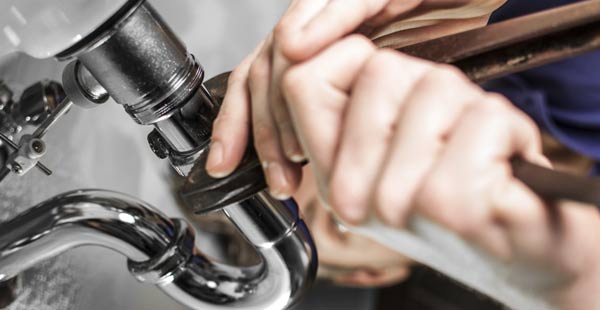
Dripping taps, flushes with faulty ball cock valves, seepage inside walls, overflowing overhead tanks or faulty pumps actually waste staggering amounts of water each day. Ensuring that these leaks and trickles are repaired as soon as possible will not only save water but prevent the problem from worsening.
Save water cleaning and washing
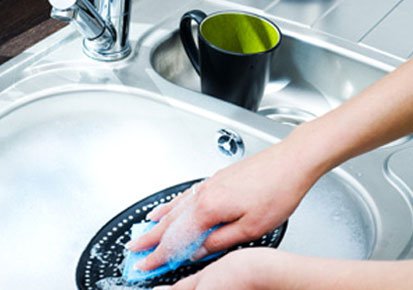
Run your washing machine only when you have a full load of clothes to wash. Install a dual setting flush and use only the small release setting as far as possible. If you have a dishwasher, do the same. However, if like most Indian homes, vessels are washed by hand, counsel the household help to use less water by turning the tap off when possible and running the tap slower. Also consider whether your floors need to be swabbed every day. Perhaps sweeping is enough; swabbing can be kept for alternate days? Your domestic help will bless you too!
Counsel kids too
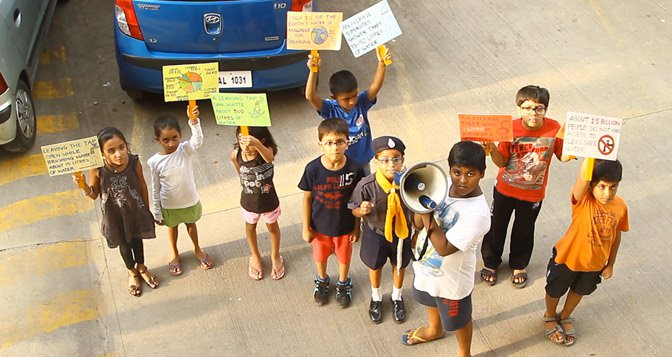
Teach kids early in life, about the importance of turning off taps tightly, never letting them run while brushing, and learning to be frugal with the use of water in general. If educated about water conservation early in life, your child will form a lifelong respect for water and will practice conservation automatically.
Use a can/bucket rather than a hose/shower
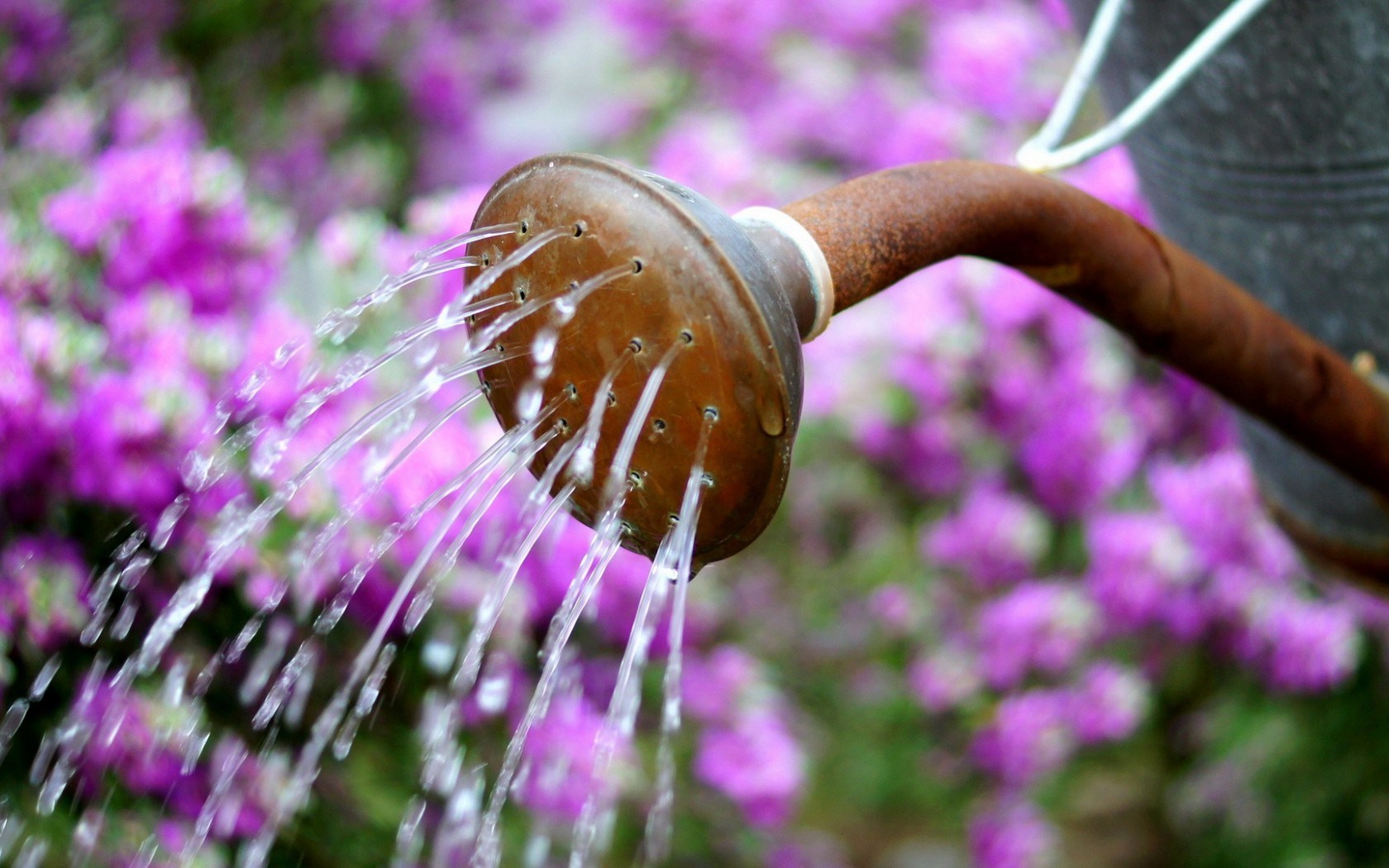
Bathe using a bucket and mug rather than the shower; you’ll save a lot of water. Also use a bucket rather than a pipe or hose for washing your car. When you water your plants, use a watering can rather than a hose.
Set up a rainwater harvesting system
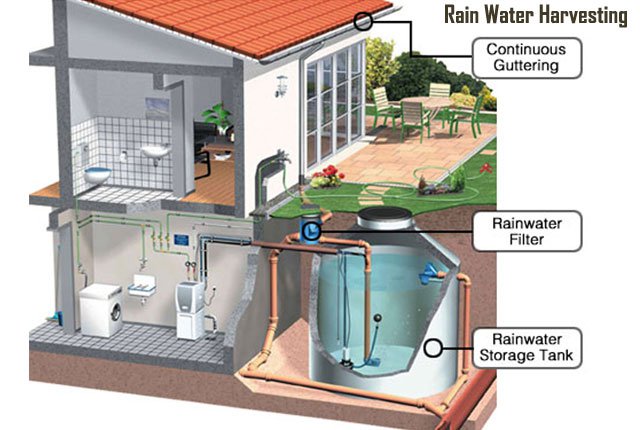
This involves collecting rain water from rooftops and storing it for future use for domestic and agricultural purposes. Use a method that suits you: catchment conveyance and storage. Get neighbours or others in your housing society on board to work out a solution that works for everyone.





